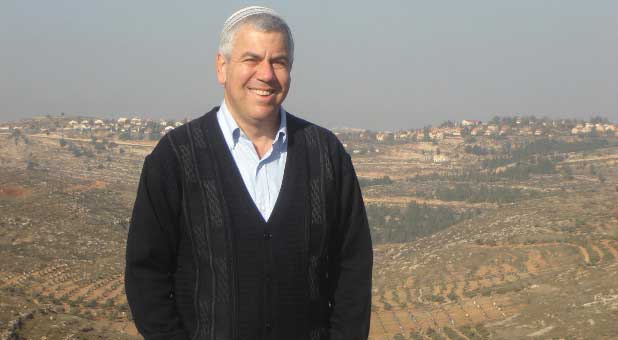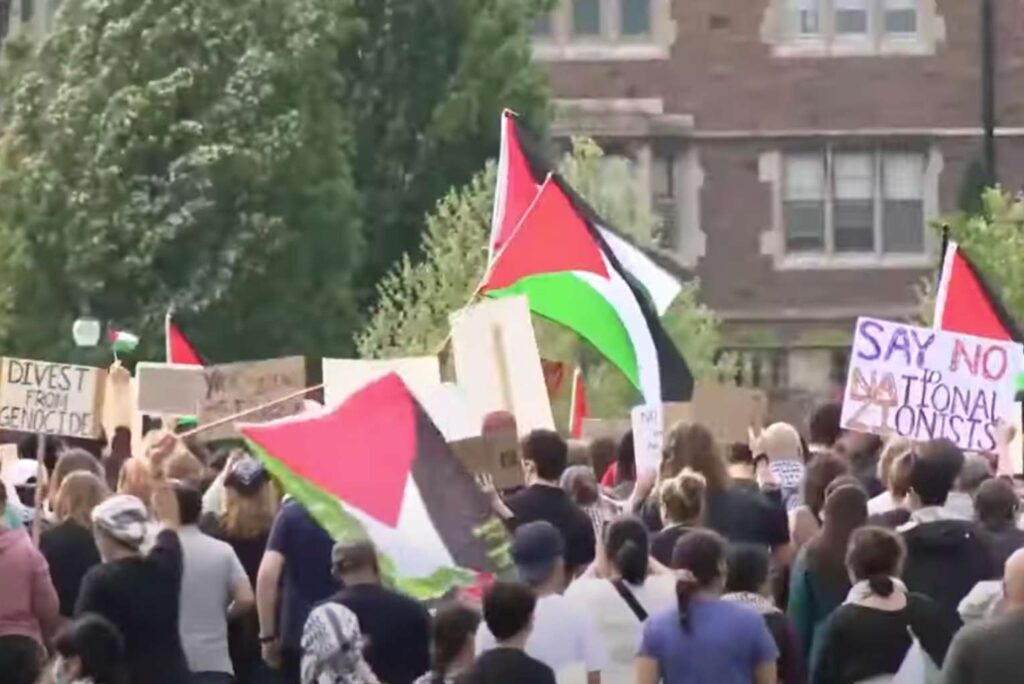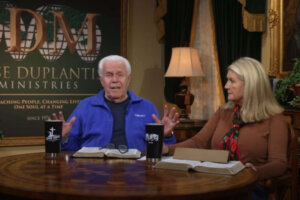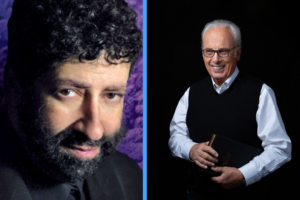For years, we have been hearing expressions such as “the plight of the Palestinians,” “the legitimate rights of the Palestinians,” and, most recently, the “national right of the Palestinians to their own independent state.”
These mantras have been repeated in the last 30 years almost as often as a McDonald’s commercial and, in recent years, it can be said that it’s been selling as well as the Big Mac and fries.The problem is that such a mantra ignores the old argument of Ronald McDonald’s competitor, namely, “Where’s the beef?”
After many years of frustration at the Palestinian penchant for historical revisionism, I decided that before entering into a debate with a proponent of such a people’s usurped national rights, I would simply ask the following questions:
1. What was the currency of the ancient Palestinian state?
2. Who was its last elected or unelected leader and in what year did he take office?
3. In what year did this ancient country achieve its sovereignty and in what year did it lose its sovereignty?
4. What was its national language?
No “Palestinian” leader today can answer these questions because there are no answers. And why is that? Because there never was a Palestinian country.
The perhaps unpopular truth is that the word Palestine was given by the Roman conquerors of the Land of Israel about 1,950 years ago. After hundreds of years of Israel’s full (and later limited) sovereignty in the land, highlighted by the unified Kingdom of Israel headed by Kings David and Solomon, the Romans expelled the Jews from the land and changed the name of the land to Palestina, naming it after the Philistines, the arch enemies of ancient Israel. The goal was to abruptly transform, with one broad semantic stroke, the history and the geography of the country.
With the passage of time, the name evolved from Palestina to Palestine, but it was never identified with any sovereign nation. The Byzantine Christians, the Muslim conquerors, the Christian Crusaders, the Ottoman Turks, and the British colonialists all had their moments of glory, but none built a specific Palestinian identity or country.
This was the status quo until 1948, when Israel was reestablished as a sovereign nation and the word Palestine seemed destined to be relegated to the dustbins of history. After all, the Jews no longer had any use for the term and the Arabs living in Israel had never identified as Palestinians, having always claimed to be an integral part of the Arab nation.
All of this changed in 1964. Having despaired in their very unsuccessful efforts to drive the Jews into the sea, the predominantly Muslim Arabs decided to create a new people that they would brand as the Palestinians, an indigenous people whose nation had been stolen by the Jews.
This sold well in the Islamic world, as it blended nicely with the negative depictions of Jews in the Koran and other Islamic literature. The Palestine Liberation Organization was created with its stated goal the destruction of Israel and a massive public relations campaign was launched to sell the Palestinian people to the world.
Surprisingly, Israel was caught off guard and often struggled to respond to this campaign with the historical facts. This defensive, often apologetic attitude led to the Oslo Accords, in which Israel strangely agreed to a process of withdrawal from its biblical, historic lands in order to enable an eventual Palestinian state within its borders.
How could this withdrawal process be based on historical precedent, given Israel’s deep national, religious connection to the biblical heartland? On the other hand, what about justice for the millions of Palestinian refugees, that the Arab nations and the United Nations claimed were entitled to repatriation and/or compensation? That is certainly an important question, demanding a truthful answer (coming next week on SWI).
David Rubin, former Mayor of Shiloh, Israel, is founder and president of the Shiloh Israel Children’s Fund, www.ShilohIsraelChildren.org, established after he and his three-year-old son were wounded in a terrorist shooting attack. He is the author of three books, including his new book, Peace for Peace: Israel in the New Middle East, available on Amazon.com or at www.DavidRubinIsrael.com.
See an error in this article?
To contact us or to submit an article























